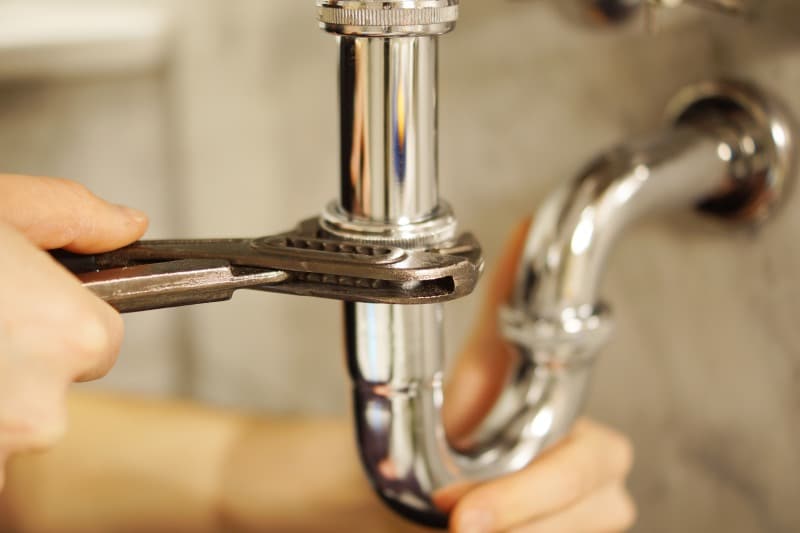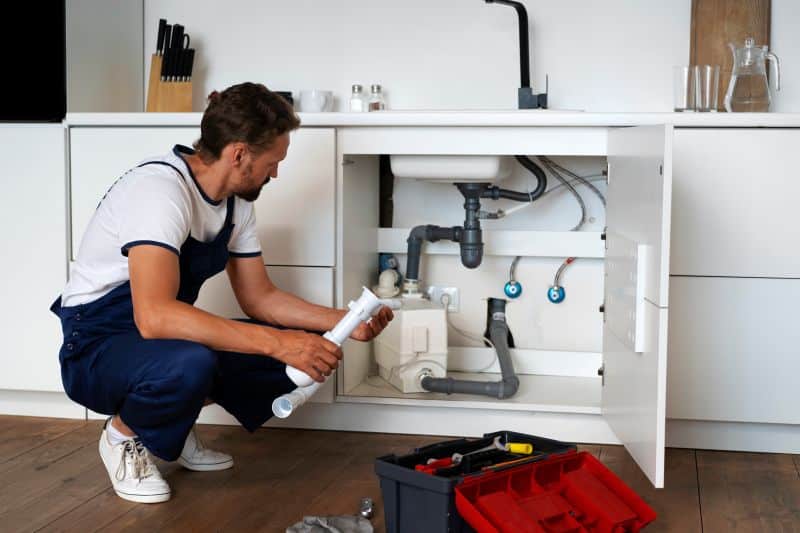Plumbing issues seem to come out of nowhere and turn a day of calm into a mess of stress. From leaky faucets to burst pipes, such problems not only disrupt your life but also cause expensive repairs in no time at all. As a matter of fact, water damage is one of the most frequent home insurance claims filed. Repairing such claims can run into thousands of dollars. However, what if I were to tell you that with just a little attention in advance, you can maintain your plumbing system and prevent unexpected expenses?
This article explores how plumbing works, gives useful maintenance tips to help you avoid that bill, and tells you when it’s your hand instead of somebody else’s. Plus, we will look at some long-term benefits to keeping your system in top condition. It’s time to get started!
Understanding Your Plumbing System
Home plumbing is the unsung hero of your home. It discreetly delivers water to you, sits where you need it, and disposes of the trash. It consists of a few basic components: pipelines for transporting water in and out; fixtures such as sinks and toilets that put it to use; water heaters to keep your showers warm; and drainage systems to handle the nasty work. But if one tiny thing fails — a clogged drain, a corroded pipe unit — then all the time becomes imbalanced. One thing you need to know is that these faults- leakages, choking up, etc.- are almost all due to neglect and age. If you have a thorough understanding of this “all up” (as it is commonly called), then you will be able to avert disaster and keep everything working.
Top 5 Maintenance Tips to Prevent Costly Repairs
Good news: maintaining your plumbing system doesn’t require a toolbox full of gadgets or a plumber on speed dial. Here are five straightforward plumbing maintenance tips to prevent plumbing problems and save you from big repair bills:
- Check for Leaks Regularly: A small drip may not seem like much, but it can waste enough water to fill a bath and invite bigger trouble, such as mold or warped wood floors. Look under sinks, near toilets and by your washing machine for any damp spots. If you see that water usage is higher than usual, this in itself may also point to some hidden leaking taking place.
- Clean Your Drains: Clogs form when hair, grease, and soap scum stick together. Put strainers in your drain to catch all the gunk. Flush it out once a month with baking soda and vinegar. Steer clear of harsh chemical cleaners; they can actually eat through pipes.
- Insulate Exposed Pipes: Cold snaps can transform exposed pipes into dynamite sticks. To avoid freezing and bursting, any pipes in cold areas, such as a basement or garage, should be insulated with foam or heat tape.
- Monitor Water Pressure: Too much pressure will only wreck your pipes and fixtures over time by causing leaks. For a pressure gauge, consider purchasing one from the hardware store. Aim to keep it between 40-60 psi. If it’s higher, consider whether you need a pressure regulator.
- Schedule Your Review List Checklist: Even if everything seems to be fine, a trained eye can still catch wear and tear that you might miss yourself–things like corroded joints and tired old seals
Stick to these steps, and you’ll be well on your way to preventing plumbing headaches.
When to Call a Professional
Whether or not you’re qualified to handle the small stuff on your own, there are many reasons why most plumbing problems are better left up to the experts. Persistent drips that won’t quit despite your pleadings, mysteriously dropping water pressure for no apparent reason, and gurgling sounds in the pipes that refuse to depart once heard are all cause for concern. That is also true for heavier jobs like having to replace a pipe or when the water heater goes bad. A DIY project like this could not only make matters worse, but it might also mean you end up spending more money as well. Find plumbers that are licensed and read their reviews for a good list. If you need plumbing repair service in San Jose, Fuse Service is a dependable choice, known for tackling tricky jobs with skill and speed.
The Long-Term Benefits of Plumbing Maintenance
If you look after your pipes just a little bit at the front end, it will save you a lot of money down the road. First off, stored-up emergency repairs are things that won’t repair a disaster; early detection of a leak will prevent the necessity for a flood-control dam. Routine maintenance also increases the lifespan of your pipes and fittings. Your well-maintained water heater can last for over ten years, whilst one that has been neglected may fail in half that time. Furthermore, a tight system conserves water, lowering your expenditures. Also, remember that safety-blocked pipes lessen your chances of sickness due to water damage and mold. It is such a small expense of money for peace of mind.
Conclusion
The word on your plumbing system is: take no risks. Master its operation and understand these easy plumbing repair tips as well. If a job is beyond your capabilities, get professional help. The benefits are lower cost, more life out of equipment and a safer home, enough to make it worthwhile. You will enjoy a plumbing system that is there for you whenever you need it. Get started today!


